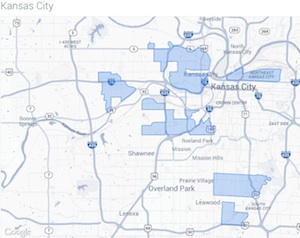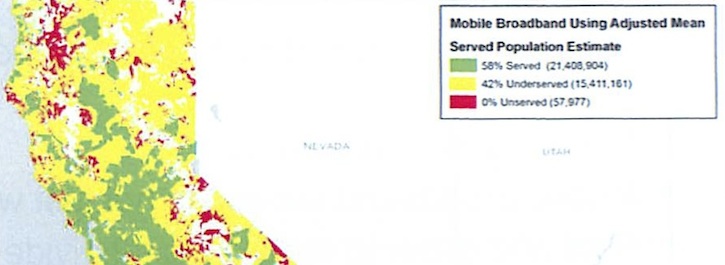Marriott wants FCC cover for attacks on guests' WiFi devices
![By Szczebrzeszynski (Own work (Self-made photograph)) [Public domain], via Wikimedia Commons](https://www.tellusventure.com/blog/images/2014/11/marriott_antennae.jpg)
It’s interference, but it’s for your own good.
Lobbyists for Marriott and the hotel industry are asking for permission to use technological attacks to shut down personal WiFi hotspots and other devices on their properties (h/t to the Baller-Herbst list for the pointer). All in the name of security, of course. These are public spirited companies that would never do something so crass just to protect the profits generated from selling Internet access to guests.
As explained by Fletcher, Heald and Hildreth’s ComLawBlog, Marriott combats competing WiFi signals and what it considers misuse of its own network with digital counterattacks…
… MoreTo address these various problems, Marriott and its friends commonly deploy sophisticated and expensive Wi-Fi network management systems that search for unauthorized or excessive uses of a network.


![By Afreeman (Own work) [Public domain], via Wikimedia Commons](https://www.tellusventure.com/blog/images/2014/11/tacoma_bridge.jpg)






